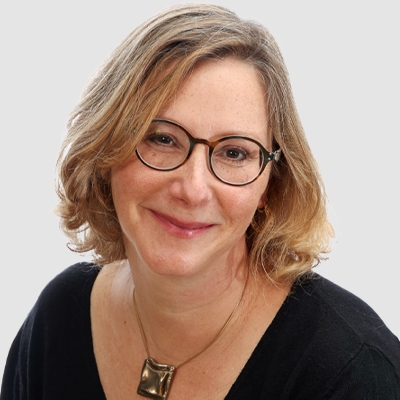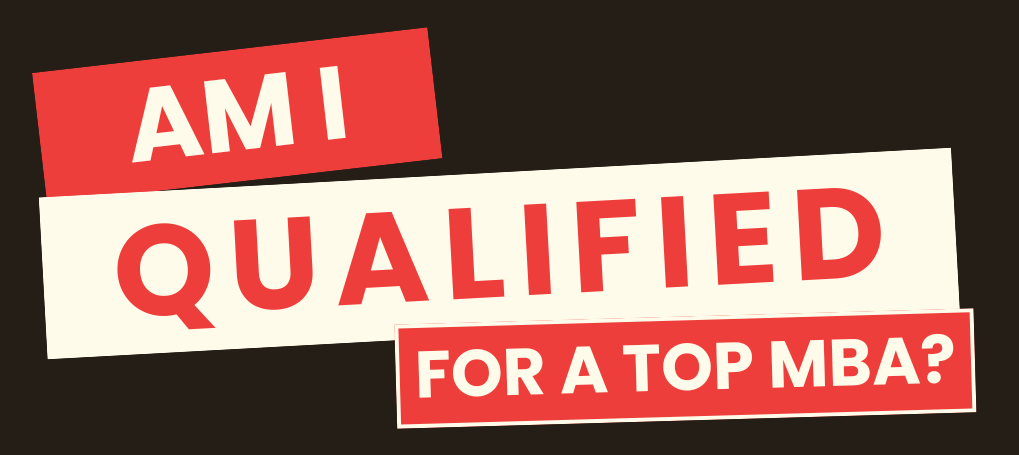At Menlo Coaching, we’re fans of the Yale School of Management. Our Founding Partner, David White, sat down with Bruce DelMonico, the school’s Assistant Dean of Admissions. In this article, we’ll ask what Yale is known for (academically, that is). We delve into Yale’s curriculum and whether or not it is designed to help you achieve your goals.
You can watch more from David and Bruce, with videos covering Why Apply to Yale SOM? and How a Yale MBA Degree Can Get You the Job You Want.
Yale SOM Integrated Curriculum
As we touched on in our previous article, Yale SOM’s identity as an academic institution is very much shaped and influenced by its joint-degree programs and the fact that students have access to courses across the other Yale graduate schools. In a typical year, between 10% and 15% of its students are pursuing a formal, joint degree with another Yale school. These can include the Forestry School, or the school of public health, law, medicine, drama, architecture, and so on. One advantage of this access to other subject areas is that students are then able to use their range of experiences to bring a diversity of perspectives into the classroom.
While Yale is a two-year, full-time MBA program, the second year is entirely made up of electives. Those can be taken anywhere at the university without restrictions—there is no cap on the number of classes you can take, and no school is off limits. As a result, this means that you can tailor your education to what precisely fits your educational needs. This, combined with the entrepreneurship center (also discussed in our first article) and university-wide conferences, means that you can seek out a number of joint appointmentships.
Lastly, alumni networks are very well integrated into the Yale SOM curriculum and experience. It’s not just alumni of Yale SOM to whom MBAs have access, but those of the University as a whole—both graduate and undergraduate. The amplification of that network can help students who opt out of a joint degree, or who want to focus on classes within the Yale SOM program during their second year, to still have some ability to integrate their education with experiences from other disciplines by making use of their network.
Bruce DelMonico says of this integrated attitude, “the flexibility … is really powerful. … When I talk to students at the beginning of their time here at Yale and then their end, one thing they say is they wished they had explored the university more, and it’s not just the academic piece. It’s cultural, social, professional, being involved in clubs that are university wide and not just at SOM.”
Yale SOM Raw Cases
Another important feature of the curriculum at Yale SOM is the use of raw cases. While Harvard Business School is typically thought of as the big name in using an MBA case method, Yale has the distinction of its own set of “raw cases.” These differ from traditional MBA cases insofar as they are not synthesized down to fit an MBA audience (thus “raw”).
Their head case writer, a former HBS employee, has described the Yale method as doing all the research and interviews that they would typically do for an HBS case and then stopping. They don’t tailor information in a way that makes it easier to read. The end result for you is a case method that helps you do the work of synthesizing, understanding, and sifting through information—an important skill in the post-MBA world, where there won’t be a writing team that makes material more comprehensible.
Essentially the raw case method is a training course in both business acumen and navigating primary source material. There are 10Ks, 10Qs, interviews with key stakeholders, media coverage, data that doesn’t exactly match up with reporting: the kinds of things you would interact with in the real world. Yale SOM classes are interested in giving you the kind of skill set that mirrors real world cases rather than massaged and manufactured ones.
The Yale SOM Career Development Office
The Yale SOM Career Development Office starts as soon as you begin orientation and occasionally a bit before. It sees you through the two years of your MBA and beyond as it is open to alumni as well. It does the majority of expected things like on-campus interviewing, recruiting, and internship placement. However, it also has its own curriculum that gives students the skills they need to be prepared for a lifetime of career progression and searches.
This curriculum starts off with Career Immersion: Alumni return to campus for a session of shared experiences from different industries and discussions with students about what kind of skills recruiters and employers are looking for in sectors like consulting, investment banking, technology, and whole-range health care.
After that there is Slingshot, an online resource specifically built for Yale SOM. Leading up to Slingshot, the Career Development Office has online sessions about different aspects of a search and professional development: small talk, cover letter writing, resume writing, and interviewing. You, as a student, can consume the modules at whatever rate you want and then consult with the Career Development Office counselors who are open to have sessions that further your understanding. After that, the staff can better tailor the office to an individual student’s interest. This works for both students in traditional paths like consulting and investment banking, and for those who need more bespoke counseling services.
When considering your application, it’s important to pay attention to curriculum as well as prestige. An integrated curriculum, the case method, and the services of the Career Development Office, can all be important aspects when it comes to choosing your ideal MBA program. Evaluate them carefully before applying.


